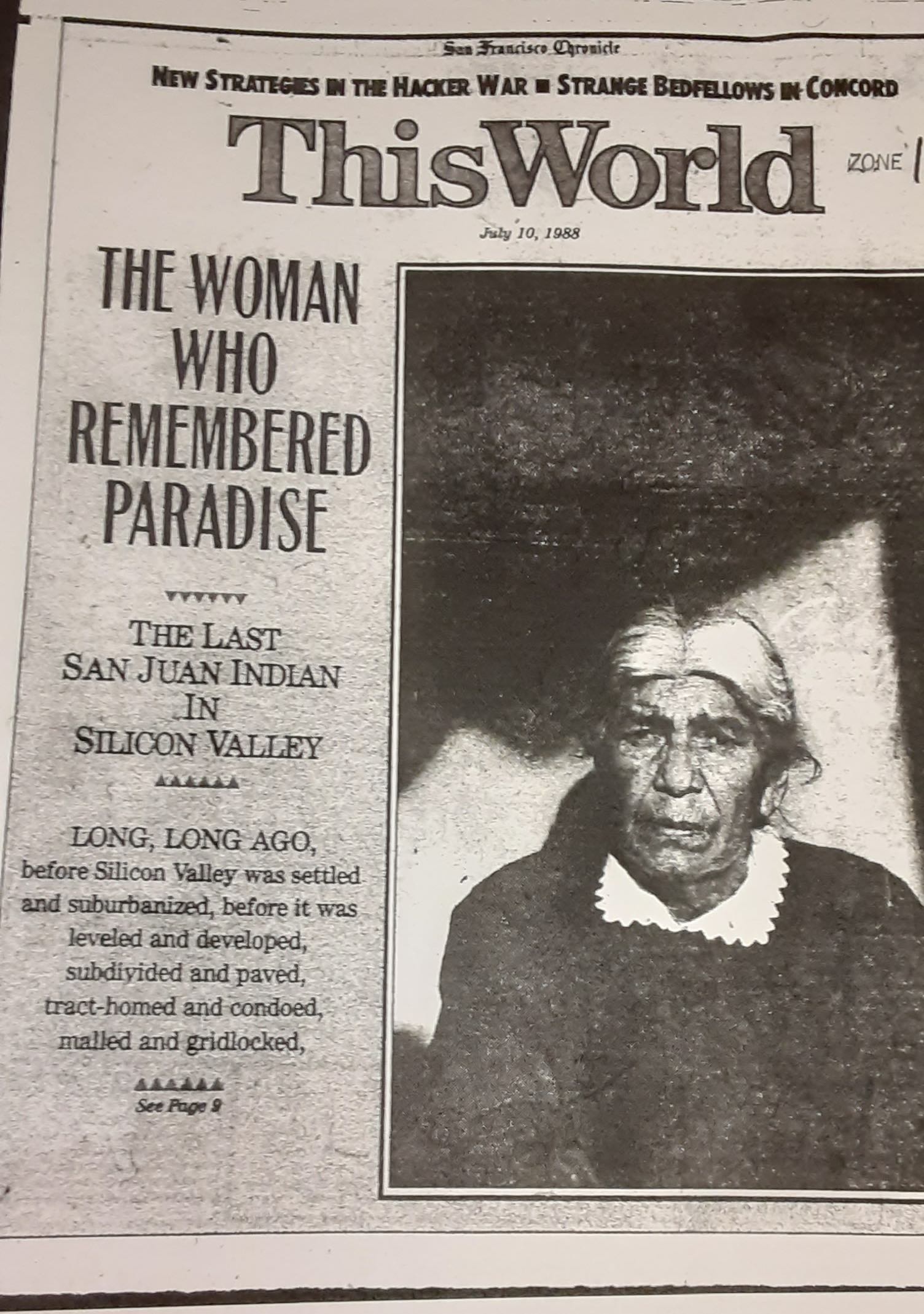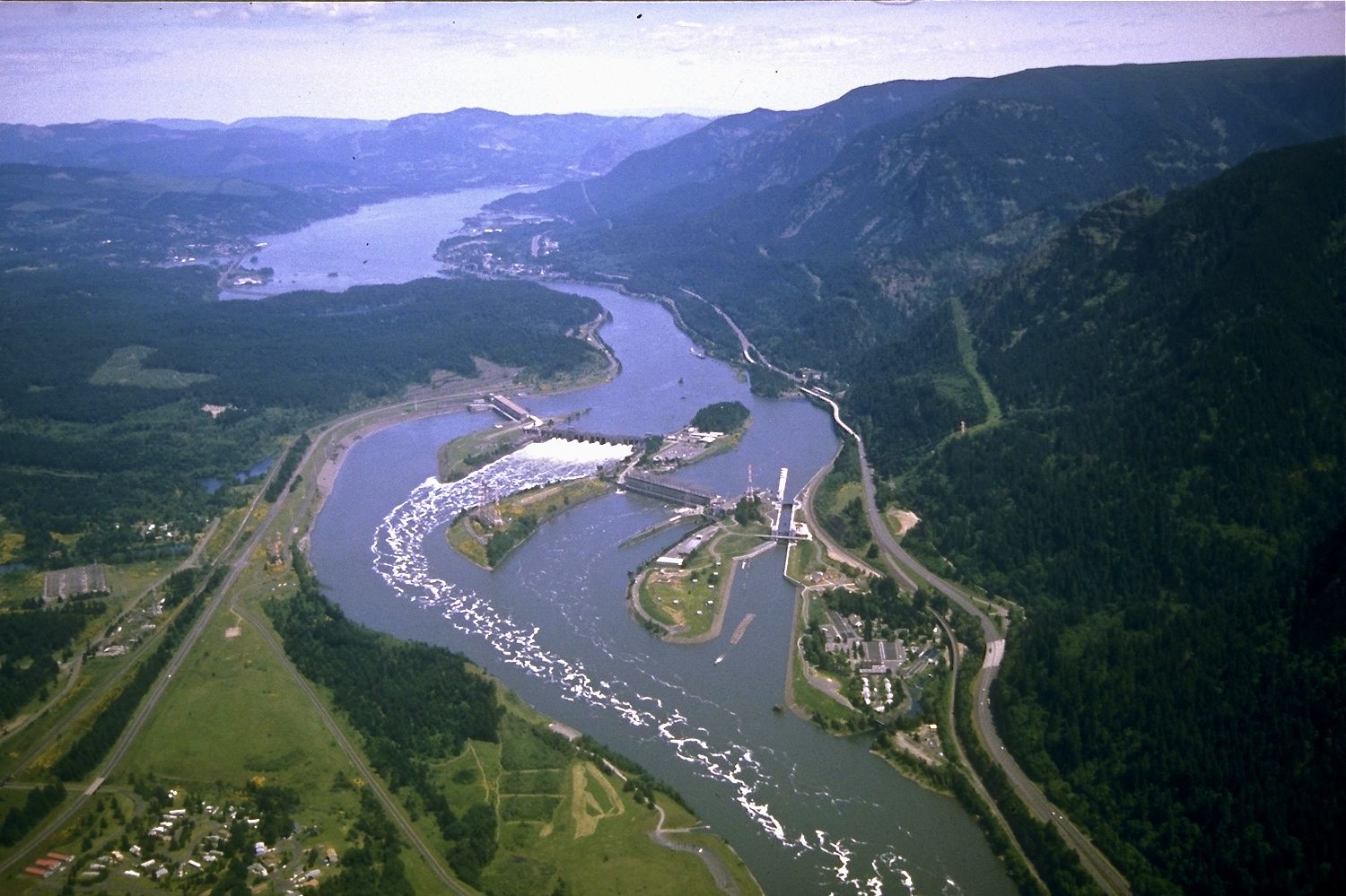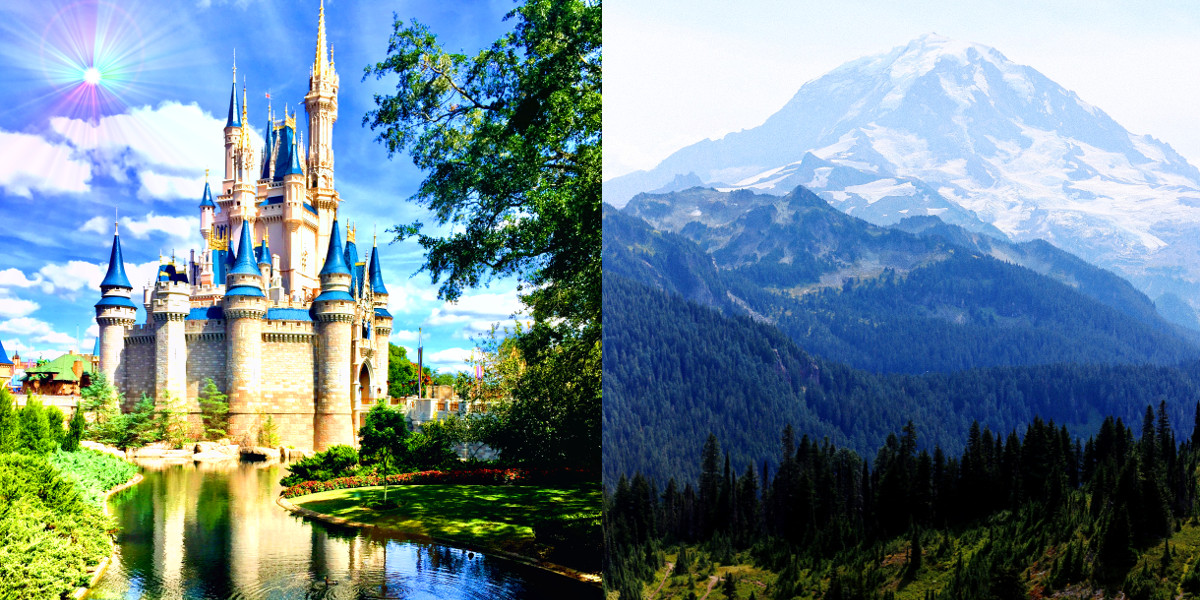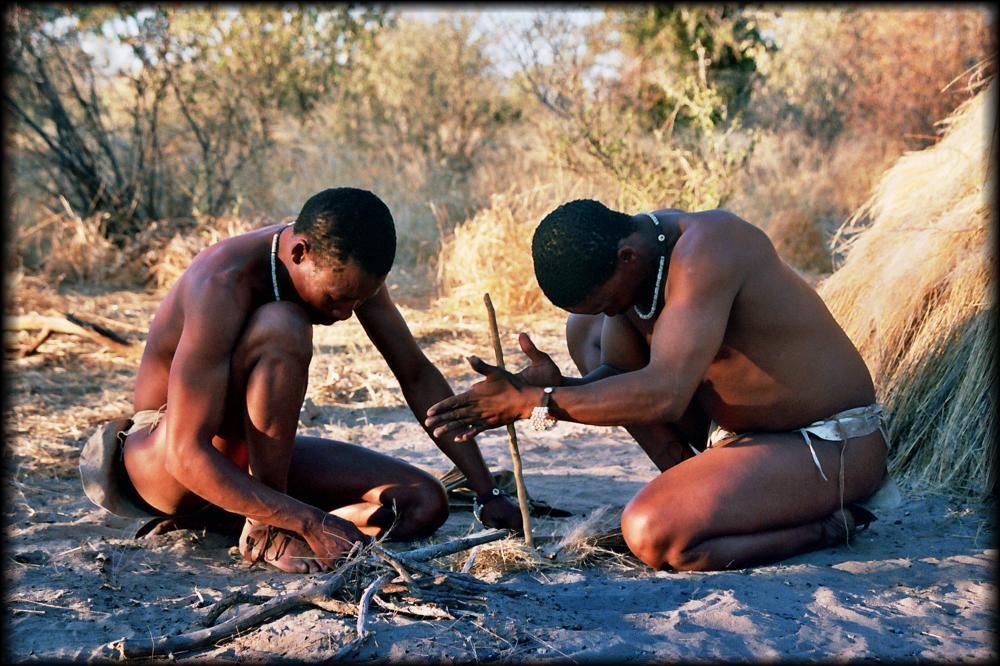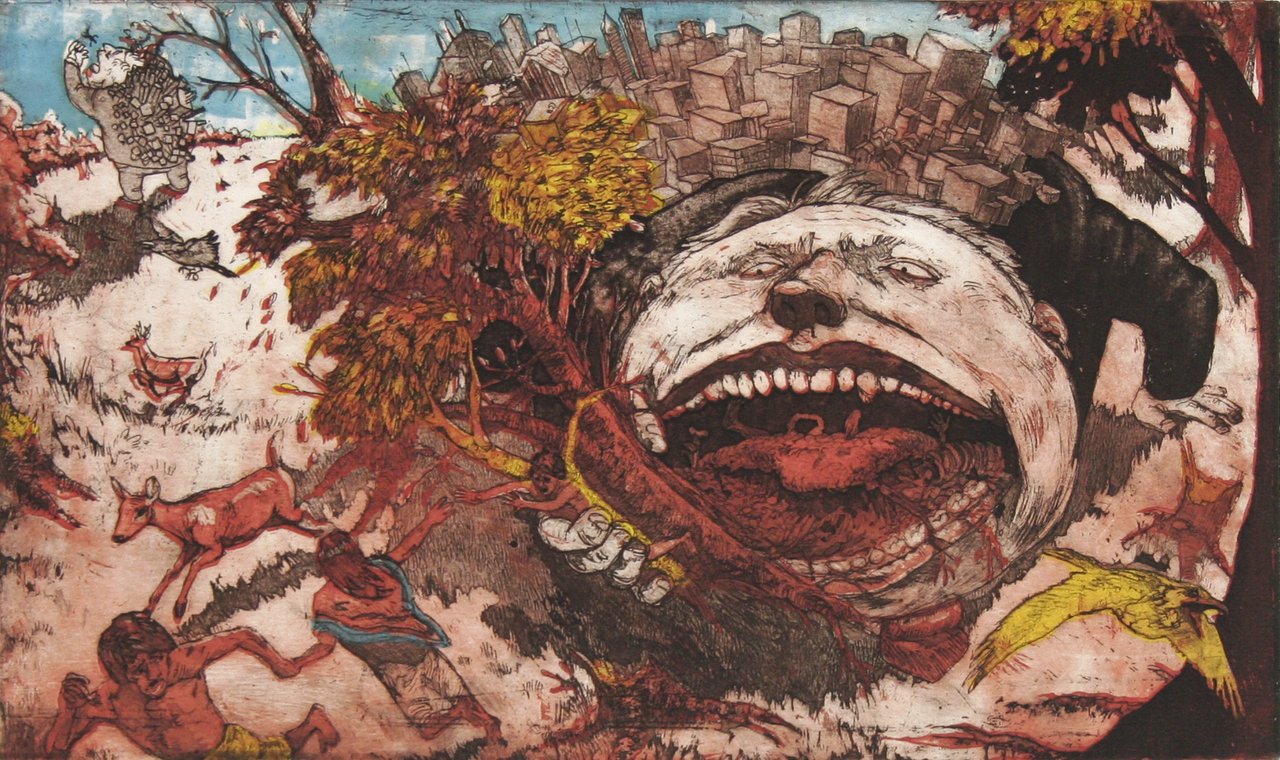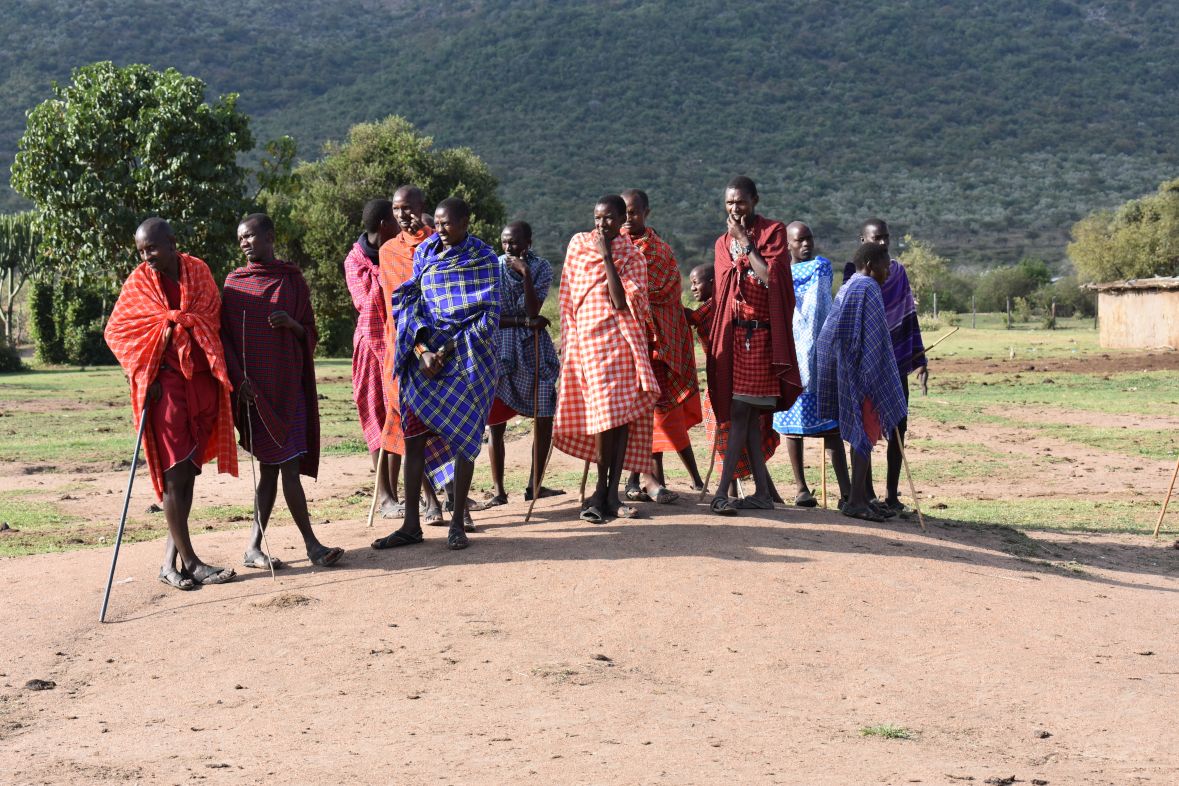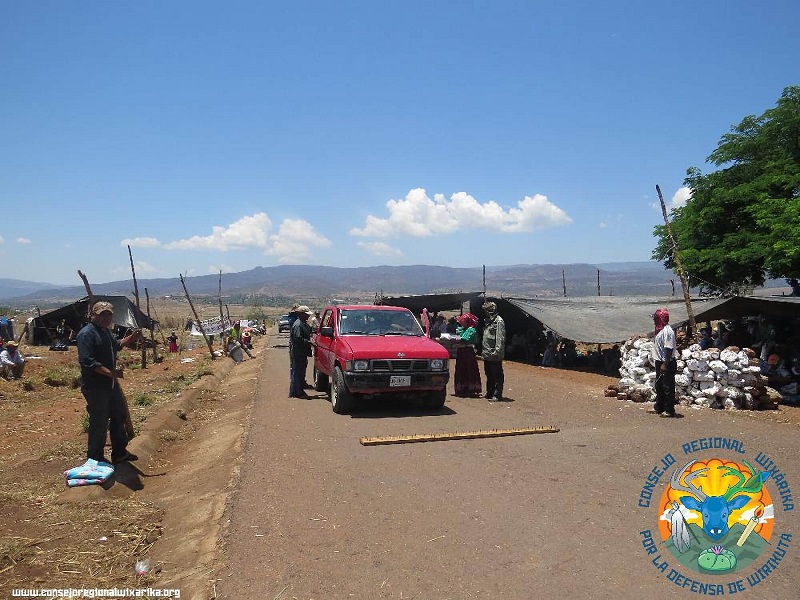
BREAKING: Militarized Police Raid Wet'suwet'en First Nation
February 7th updates from Unist’ot’enCamp and Gidimten: The RCMP raid continues today as militarized, heavily-armed police backed up with K9 dogs, heavy equipment, and helicopters move further into Unist’ot’en territory. As we write this federal police are currently raiding the Gidimt’en checkpoint at 44km. 6:15pm: We are hearing that 30 RCMP are surrounding #Wetsuwetsuweten Hereditary Chiefs and supporters at 27KM who have blocked the road. Among them, Dini’ze Smogelgem, Dini’ze Dsta’hyl, and Tsake’ze Sleydo’.Everything is quiet at @Gidimten checkpoint. Those in the cabin no longer see or hear police. It seems like the majority of the force has headed out and at least 15 RCMP have headed to 27km. The tower is still standing. The road is still blocked.Denzel Sutherland-Wilson from the Gitxsan nation was arrested and removed from @Gidimten tower earlier today. Only those in Chief Woos’ cabin remain. The Gitxsan are the oldest allies of the #Wetsuweten. ...
